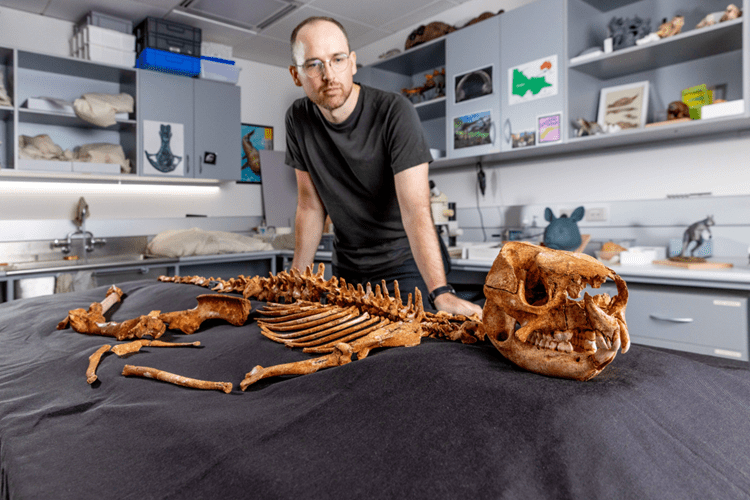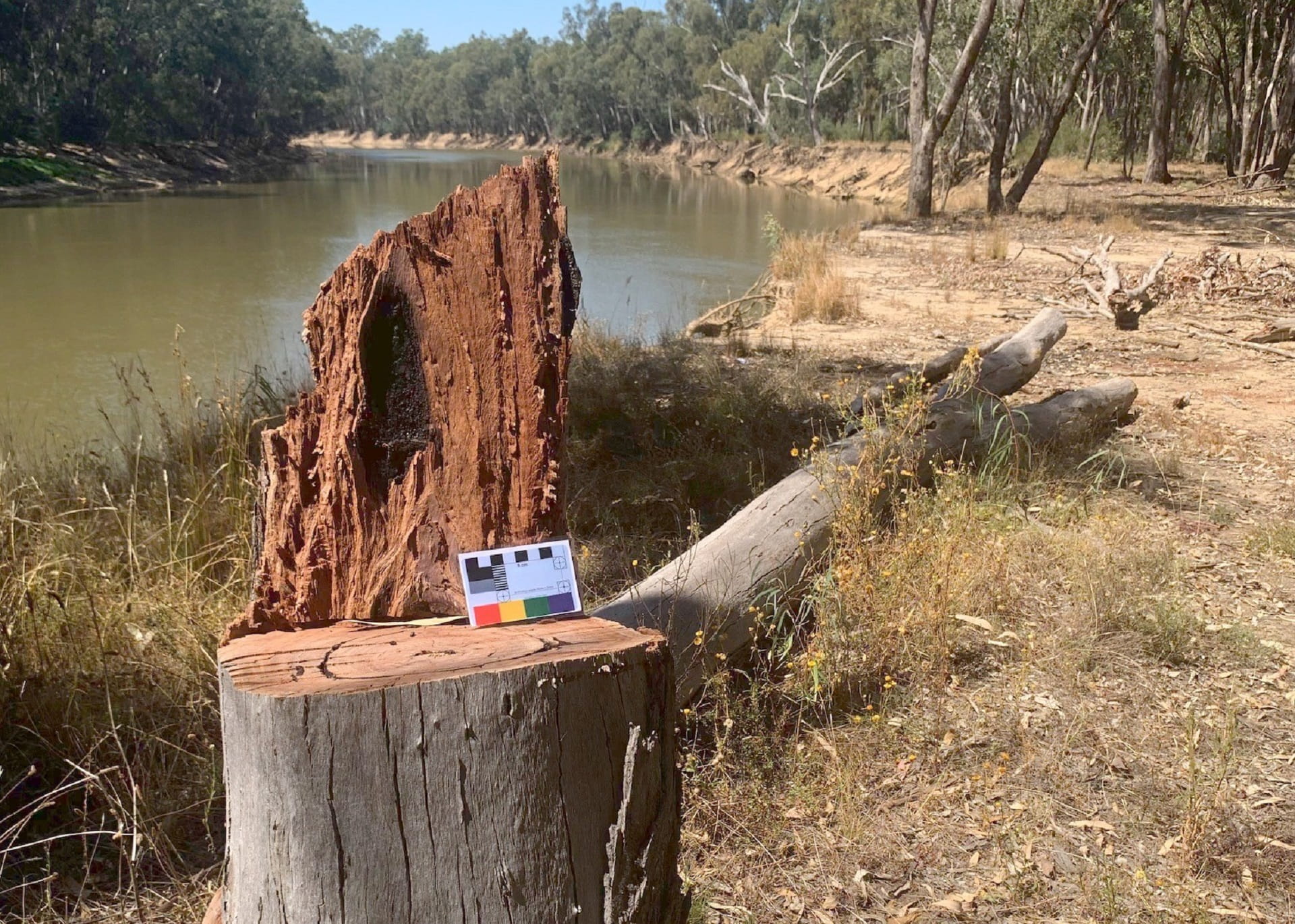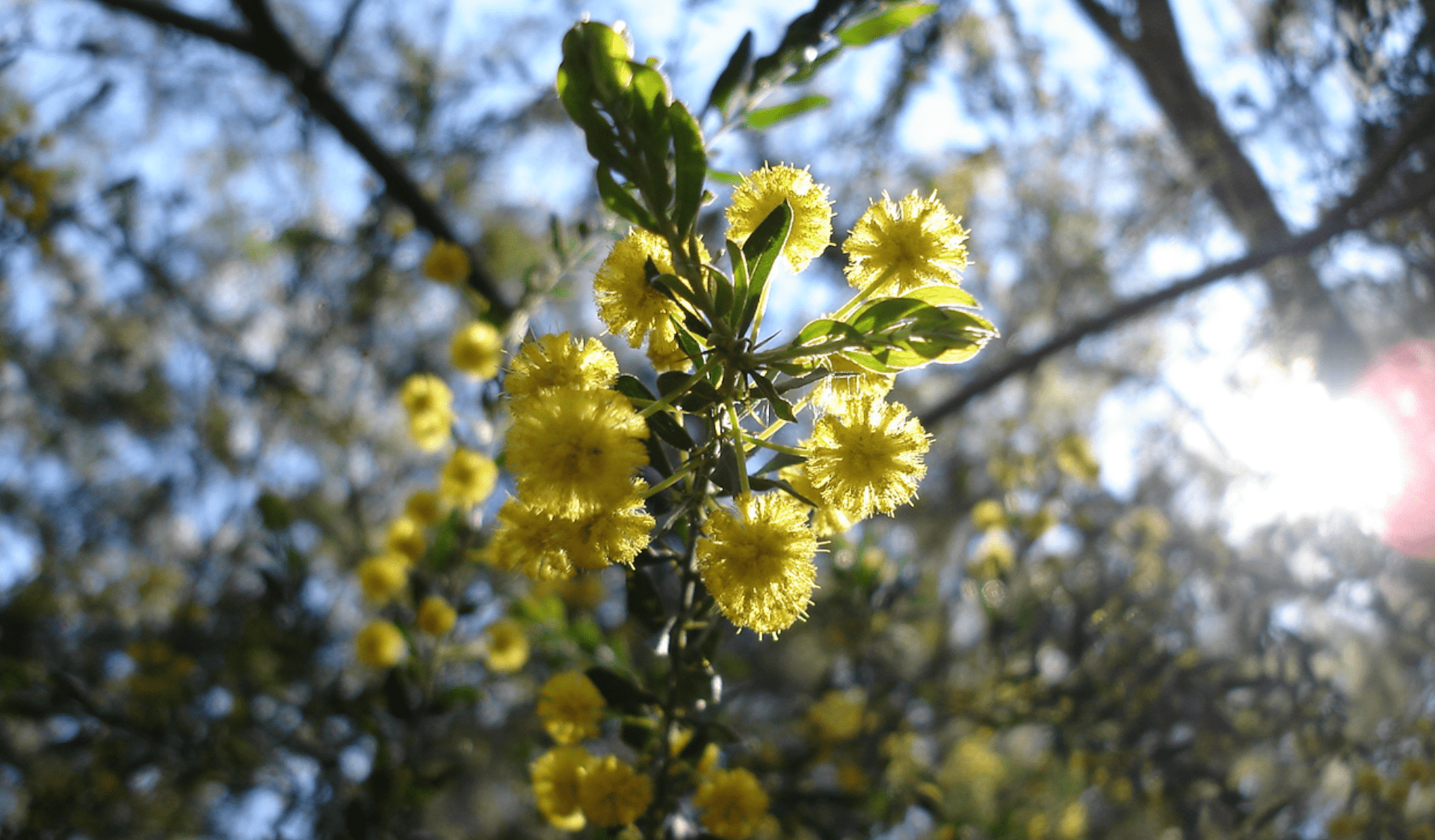Planning a visit to a national park? Here’s your guide to responsible park exploration
Friday 19 April, 2024
Victoria's parks boast unique ecosystems teeming with life. Listen for the iconic kookaburra's laugh in the gum forests, or search for echidnas burrowing in the undergrowth. The waters might reveal a playful seal or the elusive platypus, while diverse flora boasts vibrant wildflowers, rugged bushlands and tall forest giants.
These landscapes offer a chance to escape the everyday and reconnect with nature, yourself, friends and family. But with great experiences comes great responsibility. As visitors, we each have the power to be a champion for these irreplaceable ecosystems.
Being a good visitor is more than just doing the basics. It's about becoming a protector, an advocate, and someone who inspires others. Here's how you can truly help take care of Victoria's national parks:
Be Park Smart
Research isn't just about planning your trip. It’s about understanding and appreciating the place you’re visiting!
- Learn about the specific threats your chosen park faces, like fox predation on native ground-dwelling birds or the impact of erosion on walking tracks caused by heavy foot traffic.
- Learn more about the Traditional Owners of the Country you are visiting by researching the Welcome to Country and Acknowledgements Map. Take a moment to acknowledge and respect their deep continuous 65,000 year old connection with Country.
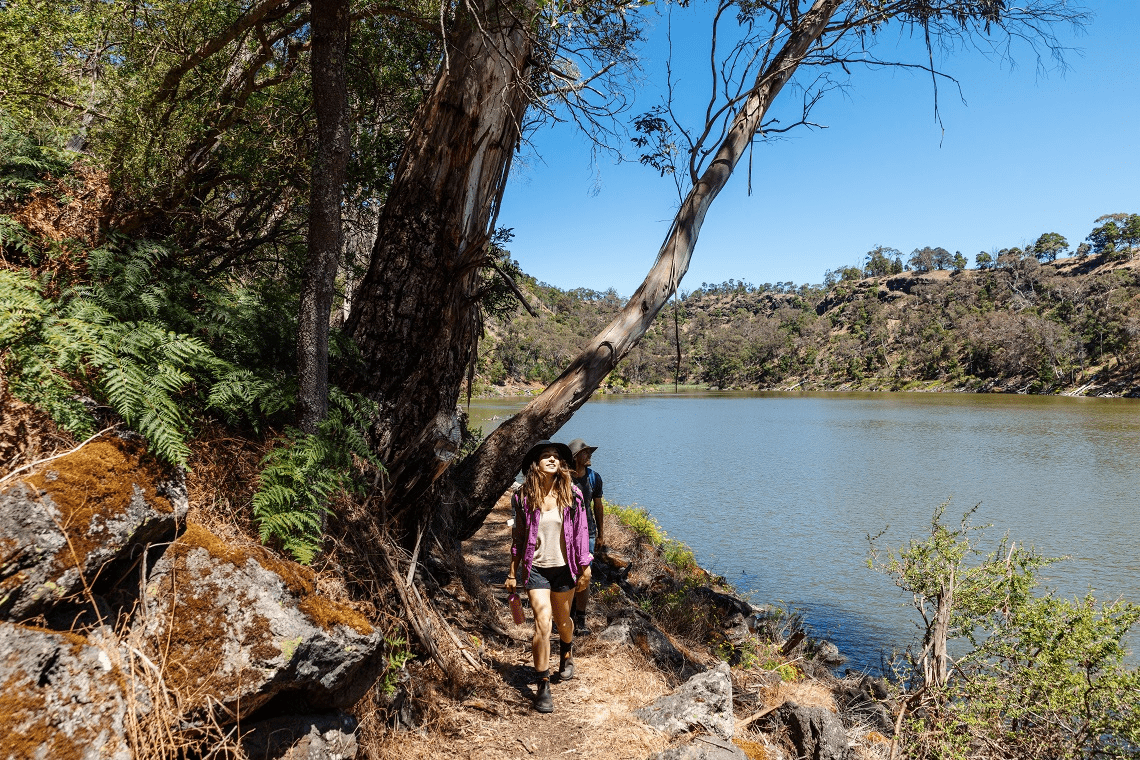
Visitors can explore the Crater Rim Walk and skirt the edge of the now dormant volcano before climbing to the peak of 'Mount' Budj Bim, Budj Bim National Park (Gunditjmara Country).
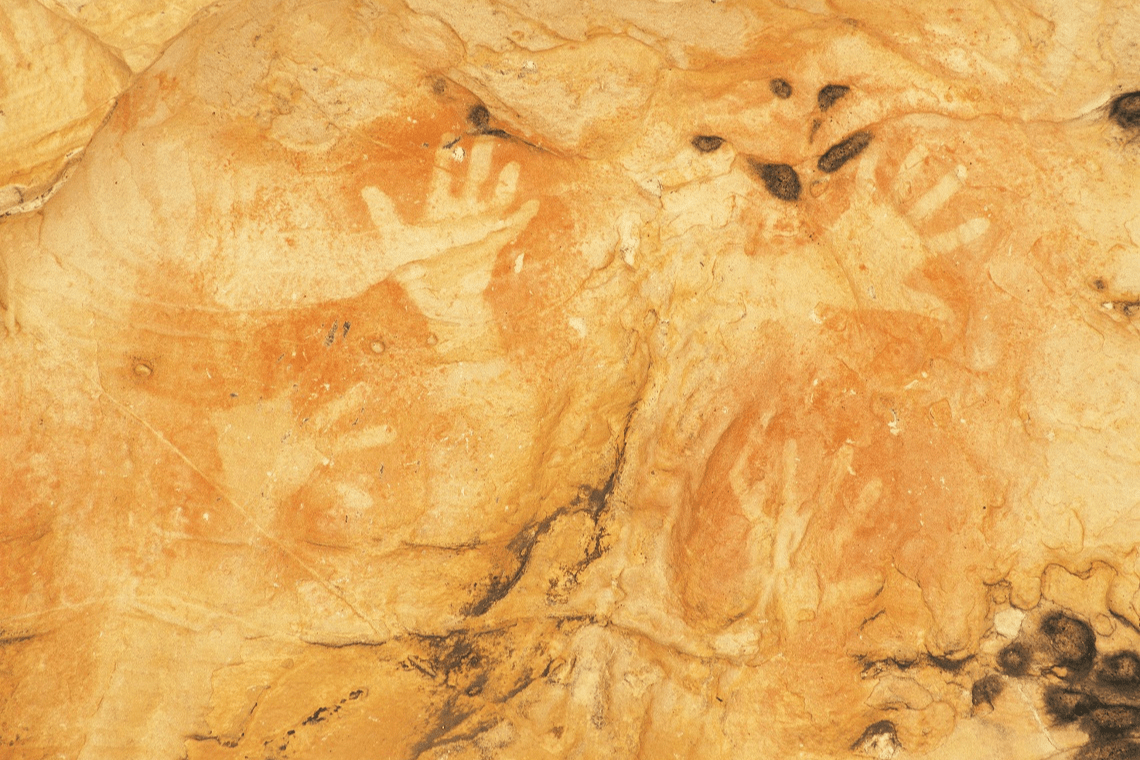
Grampians (Gariwerd) National Park is well-known for its culturally significant landscapes, including Aboriginal rock art sites. Image credit: Visit Victoria.
Leave No Trace
Advocate for minimal-impact practices wherever you go. Many people are surprised to find no bins in national parks. Waste attracts native animals, which can change their natural behaviour and harm both natural and cultural sites, as well as your personal belongings.
Always bring rubbish bags (and one for your neighbour) and take all your rubbish home. Help educate others about the importance of leaving the park pristine, minimising your impact on the delicate balance of the ecosystem.
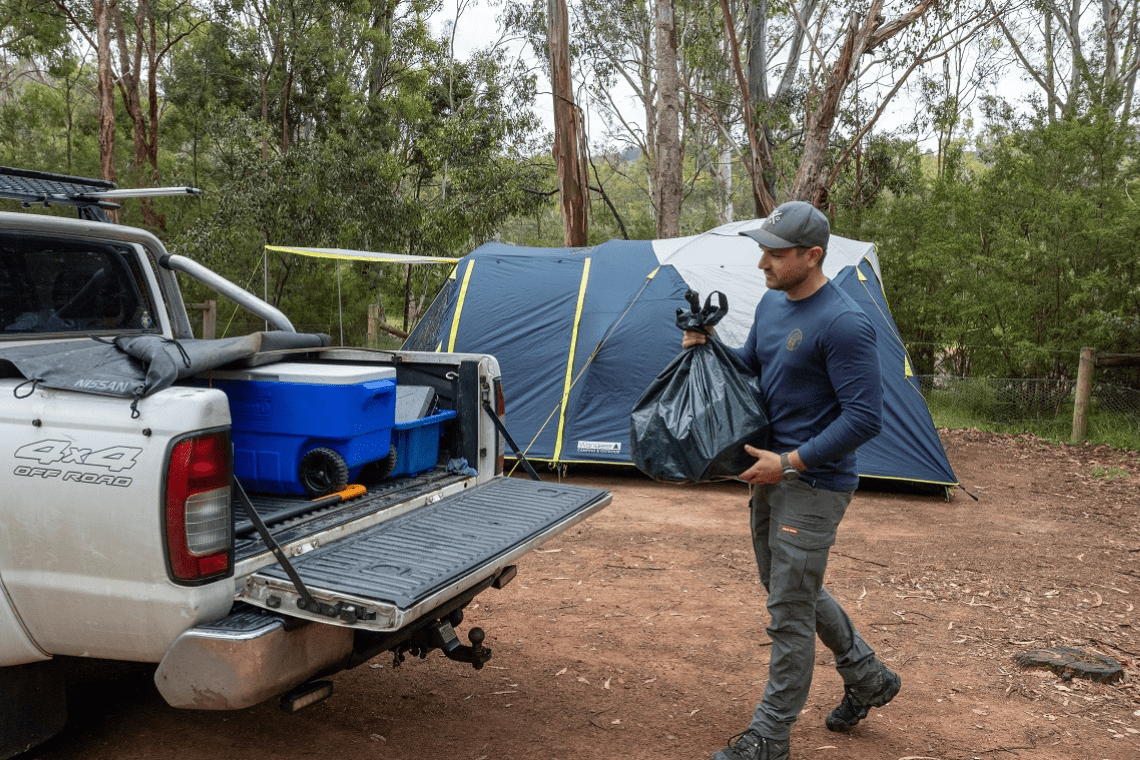
Campers taking rubbish away as they’re packing up their campsite at Candlebark Campground, Lake Eildon National Park (Taungurung Country).
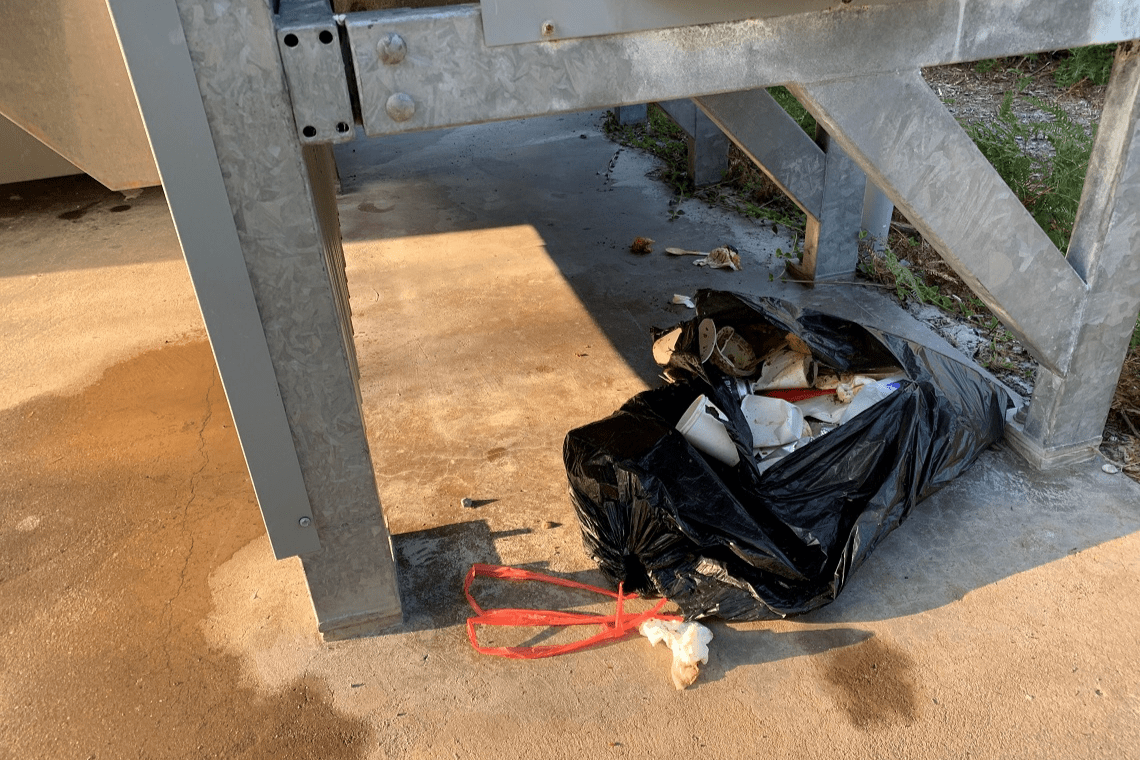
Illegal dumped rubbish is an ongoing issue Parks Victoria rangers face regularly. Rubbish bag left at Squeaky Beach carpark restrooms, Wilsons Promontory National Park.
Plan ahead
It is more important than ever to plan and book ahead for that long-awaited trip. Before you head out, check for changes of conditions on the park page on the Parks Victoria website as parks can be closed at short notice if unsafe.
Avoid the rush, and reduce the impacts of over-tourism, by taking a midweek getaway, or trying a lesser-known park it could become your new favourite! Book a Licensed Tour Operator to ensure a richer experience during your next trip. They provide the best local tips, expert advice and all the equipment you’ll need.
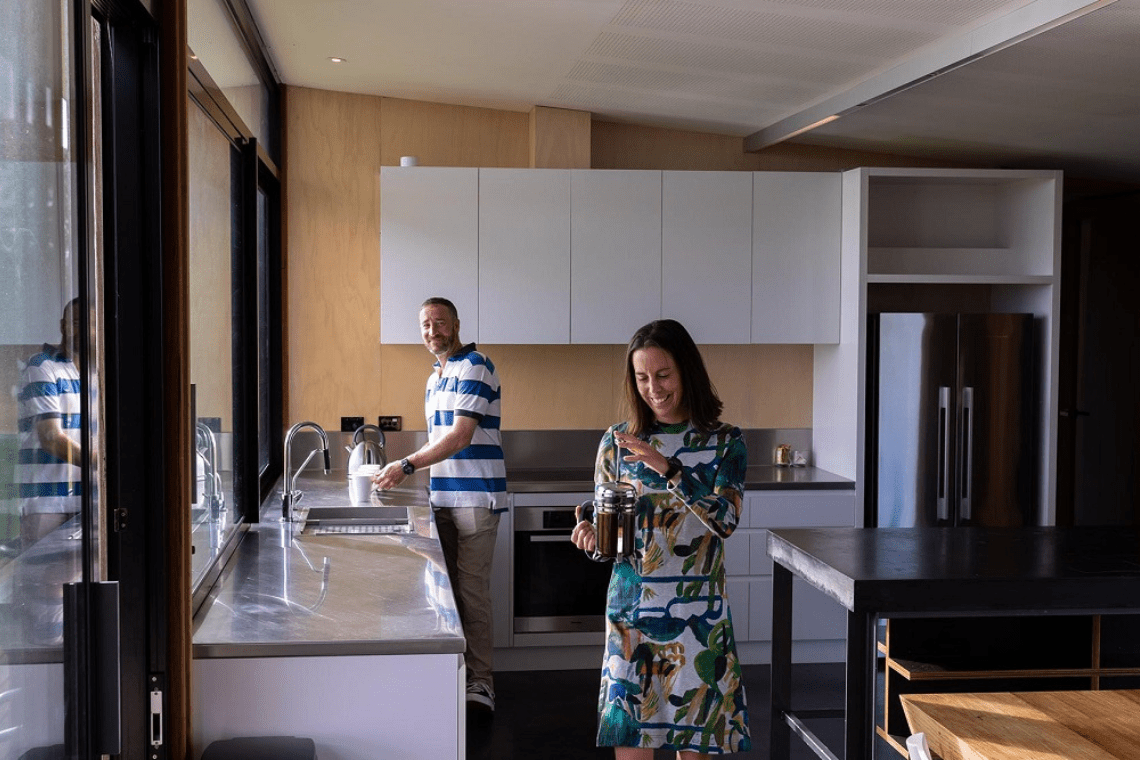
Just Inside The Gate, an environmentally friendly lodge on the border of Wilsons Promontory National Park.
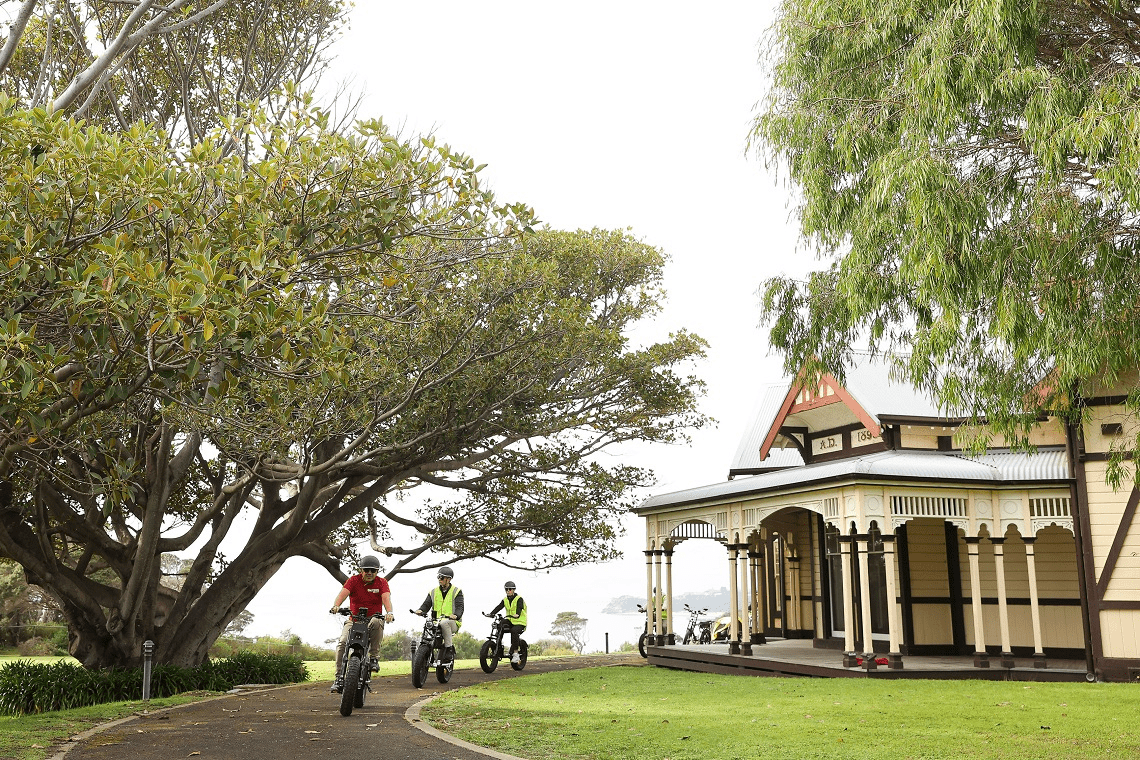
Emocean Eco Tours offer guests historical and interactive bike tours across Point Nepean National Park (Bunurong Country).
Stay on marked trails
- Protect nature: Avoid trampling plants and disturbing wildlife habitats.
- Stay safe: Marked trails are well-maintained and avoid hidden hazards.
- Respect cultural heritage: Off-trail walking might damage Aboriginal heritage sites.
Keep fur babies at home
If you’re planning on visiting a national park, then you’ll need to leave your four-legged friend at home. Pets are not allowed in most national parks in Victoria. This includes any beaches that form part of the park. You can find dog friendly parks here.
Be a voice for Victoria's parks
Stand up for the parks and places you’re passionate about. Stay informed and join the conversation by following us on social media or join our email list. Keep learning and keep exploring!
Remember, every action counts
By making informed choices, advocating for these irreplaceable spaces, and inspiring others to do the same, you become a champion for Victoria's national parks.
Let's ensure these unique landscapes, with their diverse flora and fauna, continue to inspire awe for generations to come. If we each do a little, the bigger the impact will be.
For more inspiration or exciting things to see and do in Victoria’s parks and reserves, subscribe to our monthly Outdoor Inspiration e-newsletter.


